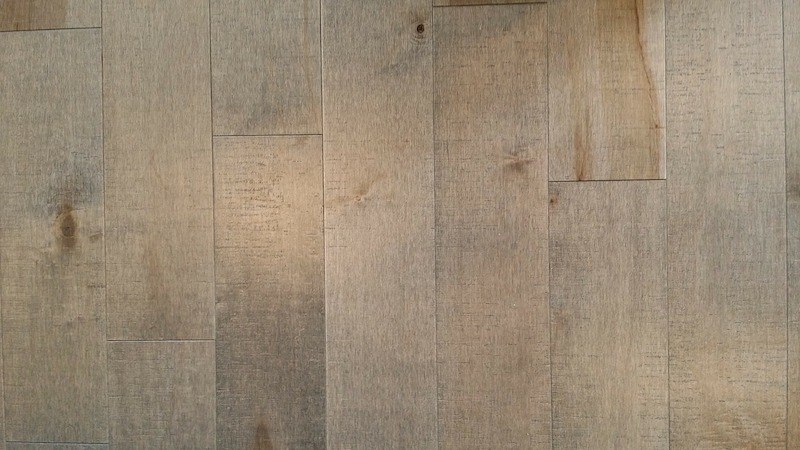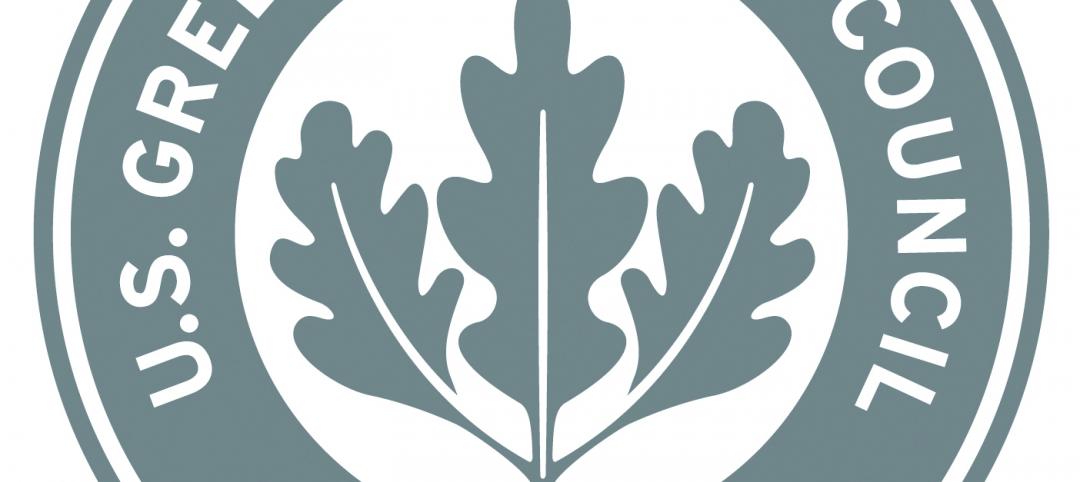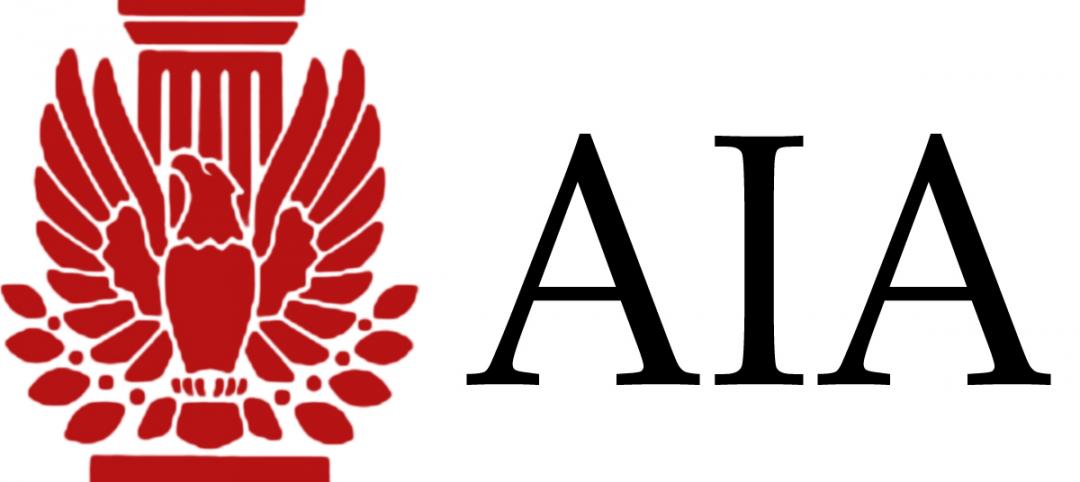The Resilient Floor Covering Institute and SCS Global Services have unveiled a new program to ensure the quality of Rigid Core Luxury Vinyl Tile (LVT) marketed and sold in North America.
SCS Global Services (SCS), a third-party certification and standards organization, will provide certification services and direct the testing protocol. It will include an assessment of the manufacturing quality control procedure for material suppliers, product traceability, chain of custody, internal QC testing, and segregation of non-conforming products and materials.
The certification protocol will also includes an on-site manufacturing facility audit, performance testing in compliance with the rigid core ASTM standard, testing for heavy metals and ortho-phthalates content, and FloorScore testing for indoor air quality.
Rigid Core LVT is the fastest growing resilient flooring category, according to a news release from the Resilient Floor Covering Institute. The product category has evolved quickly from a “multilayer” resilient concept—first as expanded polymer core (also called WPC), and quickly adding solid polymer core (SPC)—to a resilient waterproof flooring solution offered by many brands, the release says.
Related Stories
| Jan 4, 2013
Tilt-Up Concrete Association releases new temporary wind bracing guidelines
The Tilt-Up Concrete Association has released revised guidelines on Temporary Wind Bracing of Tilt-Up Concrete Panels During Construction.
| Jan 4, 2013
San Diego office tower to be America's biggest net-zero building
The 13-floor, 415,000 sf La Jolla Commons II office tower in San Diego will be the largest building in the U.S. built to the net-zero standard upon completion in 2014, according to real estate firm Hines.
| Jan 4, 2013
Manchester, England building achieves highest BREEAM rating in U.K.
One Angel Square in Manchester, England, is the highest scoring outstanding building for the Building Research Establishment Environmental Assessment Method (BREEAM) in the U.K.
| Dec 27, 2012
Pentagon eases leasing standards established in 9/11 aftermath
The Pentagon has eliminated the stringent real estate leasing standards it put into place following the Sept. 11, 2001, terrorist attacks, reverting back to a version widely used by federal civilian agencies.
| Dec 27, 2012
Google provides USGBC with $3 million grant to transform building materials industry and indoor health
Google has contributed a $3 million grant to the U.S. Green Building Council (USGBC) to help transform the building materials industry and accelerate the creation of healthier indoor environments.
| Dec 27, 2012
Former industrial French city reshapes itself according to ambitious green standards
Nantes has a strong commitment to address challenges such as urban sprawl and carbon dioxide emissions.
| Dec 27, 2012
New York City law tracking building energy use yields surprises
A legally mandated report that tracks the energy use of New York City's largest buildings provides details about which buildings are achieving higher-than-expected energy efficiency, such as the Chrysler and Empire State buildings, as well as those that are performing poorly.
| Dec 27, 2012
New Jersey considers green roof mandate for state buildings
The New Jersey legislature is considering a bill that would require installation of green or blue roofs on state buildings that are at least 15,000 sf.
| Dec 20, 2012
AIA’s Healthier Communities Through Design showcases local policy initiatives
The American Institute of Architects released Local Leaders: Healthier Communities Through Design, a report that demonstrates the power of architecture to improve public health with policies that promote active living, accessibility, transit options, and better indoor air quality.















